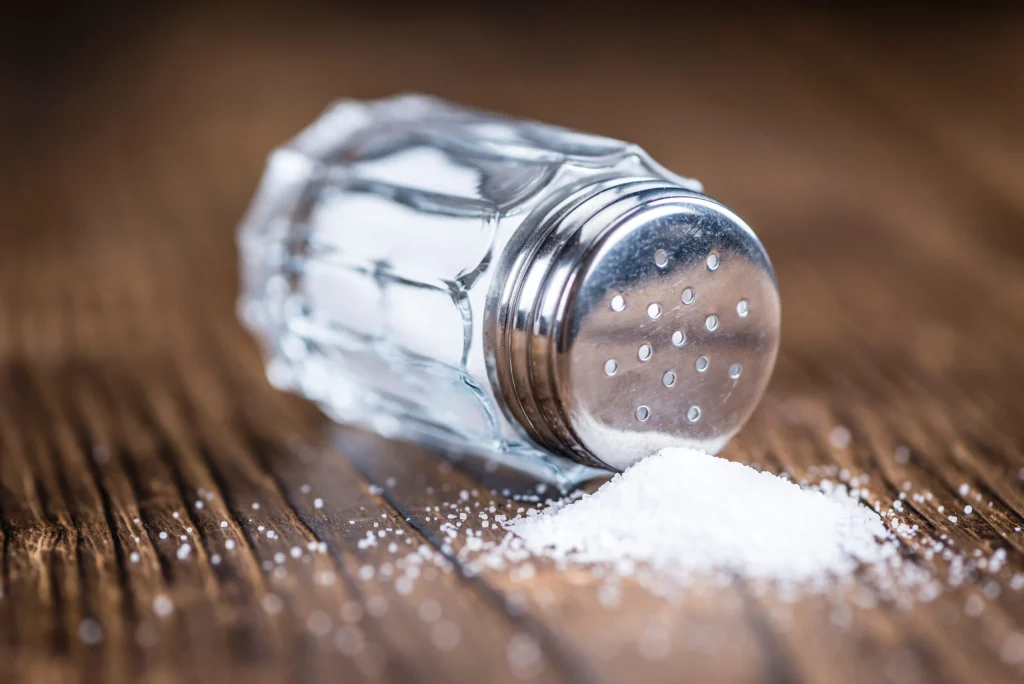
Source: Nike Adebowale-Tambe

Salt [PHOTO CREDIT: Chemical Suppliers]
As Nigeria faces a growing health crisis, experts are sounding the alarm over the country’s rising salt consumption, which has been linked to an upsurge in hypertension, kidney disease, and other life-threatening conditions. The average Nigerian now consumes between 2.8 to 10 grams of salt daily, significantly exceeding the World Health Organisation’s (WHO) recommended maximum of 5 grams—about one level teaspoon.
This warning was issued at a one-day media workshop on sodium reduction organized by the Centre for Communication and Social Impact (CCSI) in Abuja.
Speaking at the event, Bukola Olukemi-Odele, Programme Lead for Cardiovascular Health at Corporate Accountability and Public Participation Africa (CAPPA), emphasized the hidden dangers of modern diets. She noted that sodium, though essential in small amounts, is now consumed excessively through processed foods, restaurant meals, street food, and additives like MSG and preservatives.
“The traditional Nigerian diet is being overtaken by ultra-processed and convenience foods due to urbanisation, aggressive food marketing, and busy lifestyles,” she said. “This trend is threatening our public health.”
Olukemi-Odele highlighted the strong link between high salt intake and Non-Communicable Diseases (NCDs), such as hypertension, stroke, and premature heart disease deaths. These conditions now account for the majority of adult deaths globally—and Nigeria is not spared.
Health experts at the workshop explained that high sodium levels:
According to WHO, a 30% reduction in sodium intake globally could prevent millions of cardiovascular-related deaths. In Nigeria, where over 70% of salt intake comes from industrially processed and ready-to-eat foods like bread, instant noodles, and bouillon cubes, the risk is even more severe.
To curb the crisis, the Federal Ministry of Health and Social Welfare has introduced National Guidelines for Sodium Reduction. According to Femi Stephen, Food Safety Lead at the Ministry:
“We want to pass this knowledge to everyone, especially vulnerable groups and those already dealing with cardiovascular issues. These are lifelong conditions that impact family finances and national productivity.”
The guidelines aim to raise awareness and reduce sodium in the national diet through public education and regulation of food products.
John Tehinse, a food science technology consultant at the Nigeria Health and Environmental Development, further warned that processed and packaged foods are now major drivers of cardiovascular diseases in the country. He called for public-private partnerships, tighter food regulations, and mass education to stem the tide.